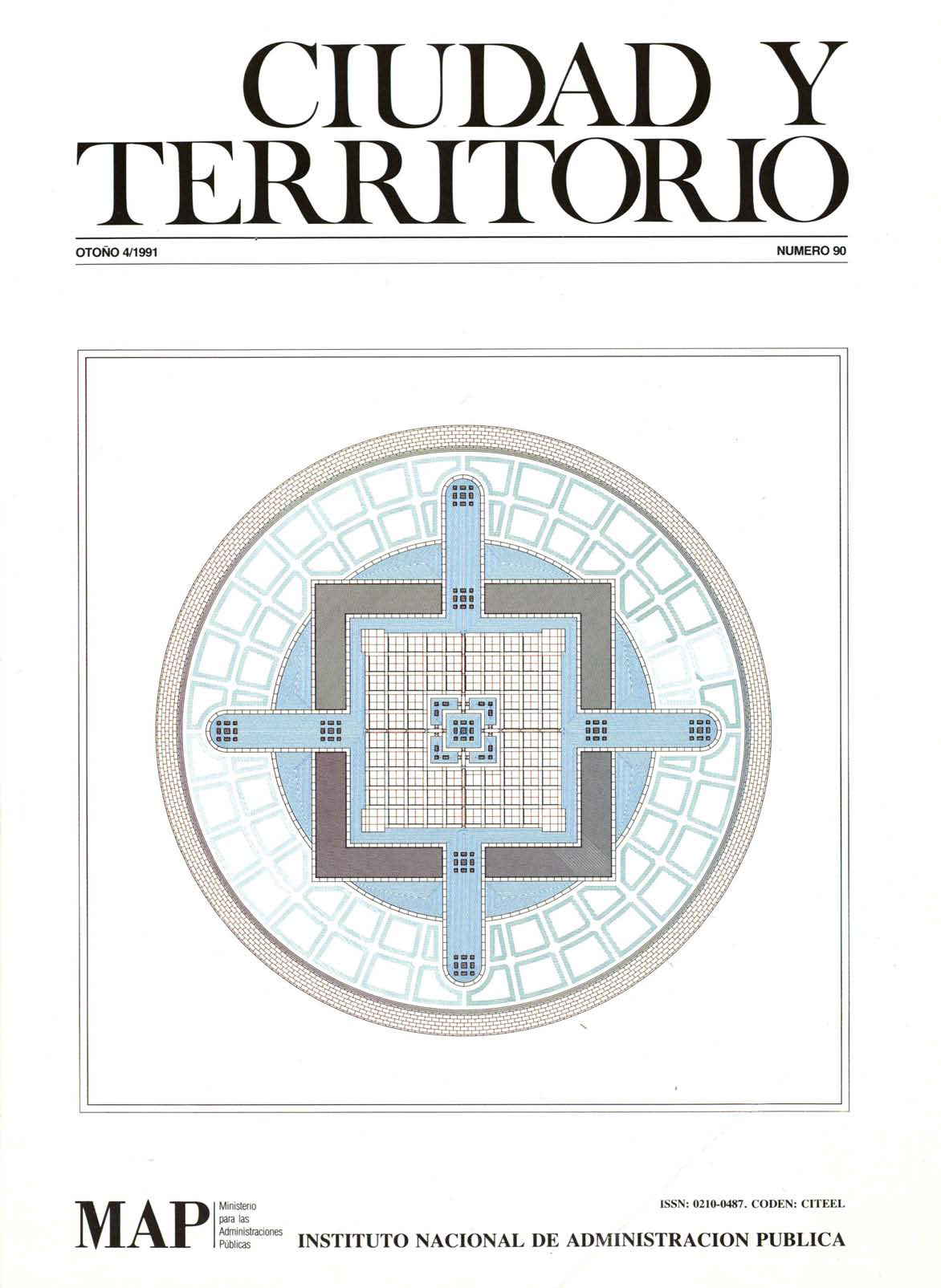The Inter-territorial Compensating Fund (FCI) and Spain's most recent official regional plannig thinking
Abstract
The paper goes into those reasons that have brought about a reform of the FCI as it had worked prior to 1989. It then details the principle features of the new FCI. The major weakness of the original fun d 's workings is seen to have been its having been born of a need to finance the day to day calls for monies of the then new Autonomous Regional Governments whereas it should have been an instrument of inter-regional adjustment policies. The mechanism governing the distribution of funding proper to the FCI's first model led in time to a slighting of the less advanced regions. This to a great extent was due to an importance then ascribed to savings sent home to these backward areas by their emigrant workers, savings that ceased to come back home inthe economic crisis of the '70s. The new FCI has been designed to answer the calls of both regional policy making and that regional solidarity the Constitution requires it to support. The mayor change it makes is a cutting down of its field of operations to cover only the less favoured Autonomous Regions. Its working methods have likewise been brought into line with those of the European Regional Development Fund (FEDER). All this notwithstanding, it is here held that even the new FCI is not without its drawbacks and it could well be that factors not at present borne in mind when drafting it could well prove to be its undoing when the moment comes for handing its monies out.
Downloads
Downloads
Published
How to Cite
Issue
Section
License
Copyright (c) 2020 Laureano Lázaro Araujo

This work is licensed under a Creative Commons Attribution-NonCommercial-NoDerivatives 4.0 International License.
Considering the provisions of the current legislation on Intellectual Property, and in accordance with them, all authors publishing in CyTET give -in a non-exclusive way and without time limit- to the Ministry of Transport, Mobility and Urban Agenda the rights to disseminate, reproduce, communicate and distribute in any current or future format, on paper or electronic, the original or derived version of their work under a Creative Commons Attribution-NonCommercial-NoDerivative 4.0 license International (CC BY-NC-ND 4.0), as well as to include or assign to third parties the inclusion of its content in national and international indexes, repositories and databases, with reference and recognition in any case of its authorship.
In addition, when sending the work, the author(s) declares that it is an original work in which the sources that have been used are recognized, committing to respect the scientific evidence, to no longer modify the original data and to verify or refute its hypothesis. Author(s) also declare that the essential content of the work has not been previously published nor will it be published in any other publication while it is under evaluation by CyTET; and that it has not been simultaneously sent to another journal.
Authors must sign a Transfer of Rights Form, which will be sent to them from the CyTET Secretariat once the article is accepted for publication.
With the aim of promoting the dissemination of knowledge, CyTET joins the Open Journal Access (OA) movement and delivers all of its content to various national and international indexes, repositories and databases under this protocol; therefore, the submission of a work to be published in the journal presupposes the explicit acceptance by the author of this distribution method.
Authors are encouraged to reproduce and host their work published in CyTET in institutional repositories, web pages, etc. with the intention of contributing to the improvement of the transfer of knowledge and the citation of said works.








 Enlace a CyTET en Linkedin
Enlace a CyTET en Linkedin